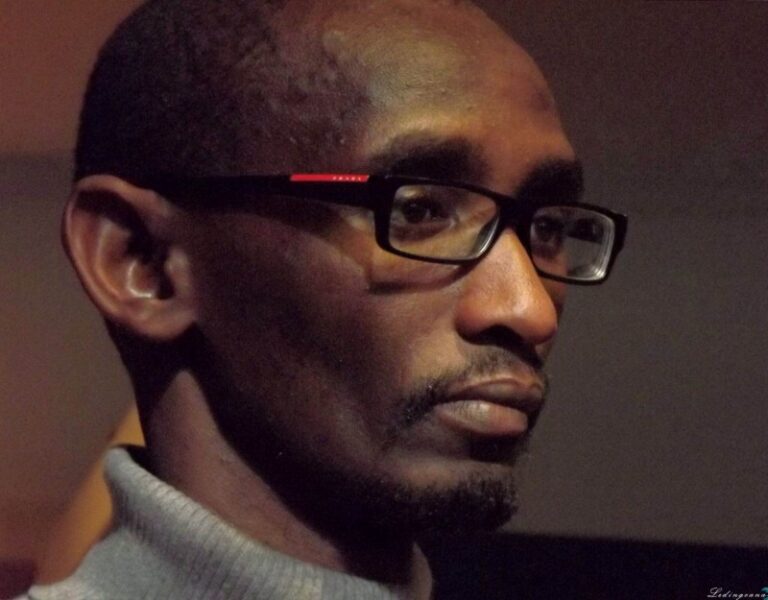Policy and program choices concerning the reintegration, reparation, empowerment, and development of former guerrillas, underground operatives, and political prisoners must be rooted in the historical and political realities of South Africa’s liberation struggle.
In a context where the notion of a people’s war prevailed, it is essential to recognise the intersections and complementarities between guerrillas trained in exile, operatives trained under complex conditions within the country, and the social, political, community, and cultural activists who often straddled multiple terrains of resistance. Yet current policies—particularly those based on conventional military science and institutional training—fail to capture these nuances. The result is a system that perpetuates injustice and inequity. South Africa’s approach to military veterans, political veterans of the freedom struggle, and former political prisoners is a case in point.
The term “military veteran,” as applied to former members of Umkhonto we Sizwe (MK), the Azanian People’s Liberation Army (APLA), and the Azanian National Liberation Army (AZANLA), is a misnomer. It excludes many who were central to the operations of these guerrilla armies but cannot be verified using conventional criteria of military training, science, or strategy.
These ex-combatants must not be equated with former members of the South African National Defence Force(SANDF), Bophuthatswana Defence Force, Ciskei Defence Force, or Transkei Defence Force. Their roles, experiences, and contributions are fundamentally different. Moreover, it is erroneous to treat MK, APLA, and AZANLA as a monolithic bloc. MK drew its training and ideological orientation primarily from the Soviet Union, where revolution was achieved through popular insurrection.
In contrast, APLA and AZANLA were heavily influenced by Chinese revolutionary thought, particularly the concept of a people’s war and the mass line approach—“from the people, back to the people.” AZANLA’s first unit, the Biko Detachment, gained its military experience through direct participation in the Eritrean liberation war. These fighters relied on guerrilla tactics and built networks both inside and outside South Africa, often operating in specialized roles under extreme conditions.
To have panels of ex-SADF generals or Soviet-trained officers verify APLA and AZANLA veterans using their own narrow definitions of military science is not only inappropriate—it is deeply disrespectful. It erases the specificity of these movements and the lived experiences of their operatives.
Now, the government proposes to amend the Military Veterans Act to introduce a means test for accessing benefits. This move is fraught with problems. Means testing is cumbersome, costly, and vulnerable to manipulation. It risks excluding deserving applicants while rewarding those who can navigate the system with savvy, regardless of merit. Already, many legitimate veterans are excluded, while imposters and opportunist’s benefit.
The government’s current effort to cleanse the veterans’ database is equally troubling. Rather than refining mechanisms to identify and remove undue beneficiaries among those already verified, the state has launched a new verification process targeting the unverified—complete with a deadline and a declaration that no further verification will occur after the cut-off. The process is deeply flawed: out of every ten applicants, only one is likely to be verified, and only if they are exceptionally lucky. This has caused immense pain and disillusionment among former guerrillas who are genuinely deserving.
It has become clear to many who have attended these sessions that the verification process is less about justice and more about exclusion. In Sasolburg, for example, myself—a known ex-political prisoner—was instructed by the verification panel to obtain proof of my imprisonment from the police. When I requested a letter from the panel to support his inquiry, I was rebuffed.
My journey through the bureaucratic maze was Kafkaesque: the local police referred me to the CID section, which then sent me to Zamdela police station. There, I was told that SAP69 records could not be released without police clearance. A policeman who deals with police clearance informed me that my 1986 case would not appear in the system because records from that era were manual and had not been digitized.
A search of my ID confirmed no criminal record, and the station captain affirmed that pre-1994 cases were not reflected in current databases. Despite explaining to the verification team when they asked me to get the proof from the police that it would be difficult to get this in time, I was dismissed and given just one day to produce evidence that no longer exists. This is not an isolated incident.
On the first day of verification in Sasolburg, only one applicant was successful. On the second day, a few more. By the third day, not a single applicant passed. Reports from across the country echo this pattern. The trauma of being judged by former SADF generals—many of whom were part of the very system that brutalized these veterans—is profound. It reopens wounds, triggers painful memories, and undermines the dignity of those who sacrificed everything for freedom.
South Africa must do better. A truly just and inclusive policy framework must acknowledge the diversity of roles played in the liberation struggle, honor the sacrifices made by all combatants and operatives, and reject narrow, bureaucratic definitions that erase history. Anything less is a betrayal of the very ideals for which these veterans fought.
*Mphutlane wa Bofelo is an independent political scientist whose work focuses on governance, political transformation, development politics, radical education, sociopolitical mobilisation and political communication.

